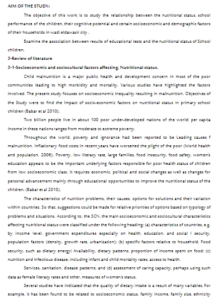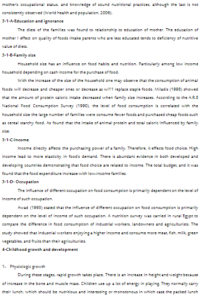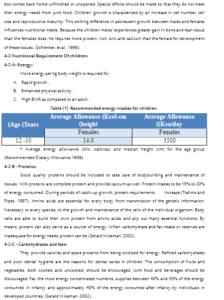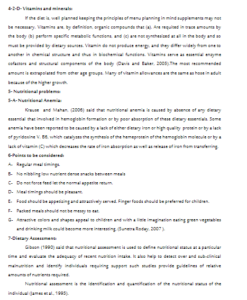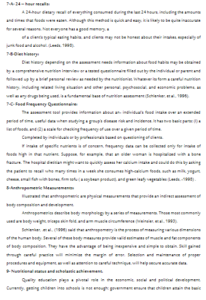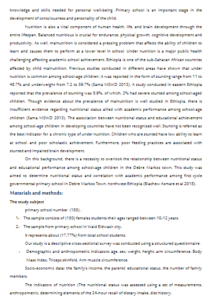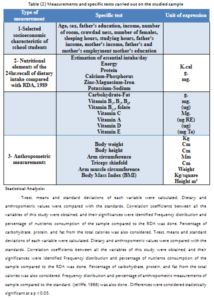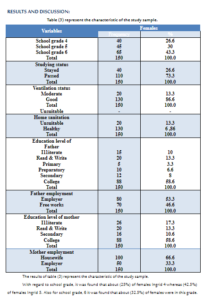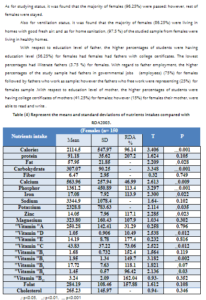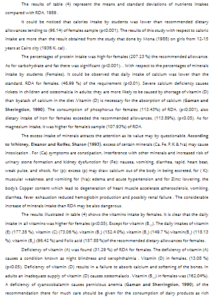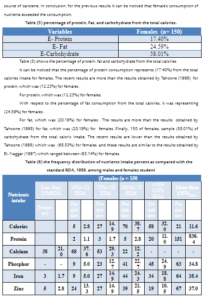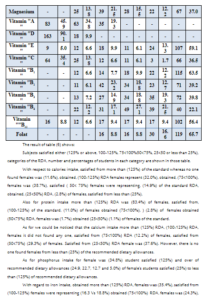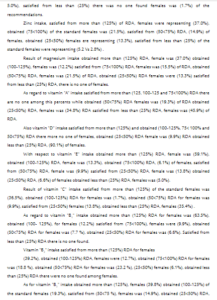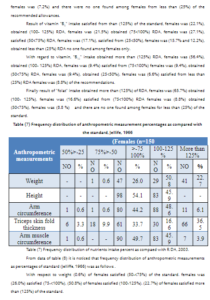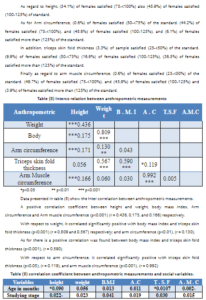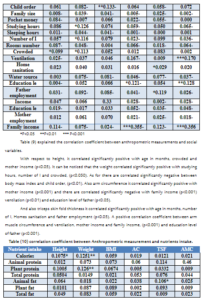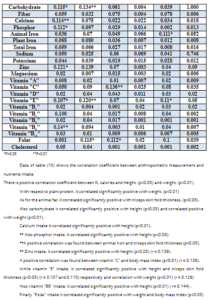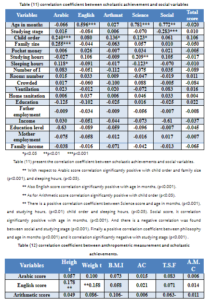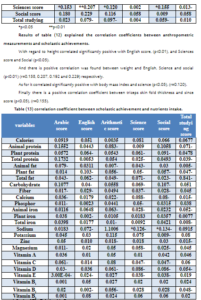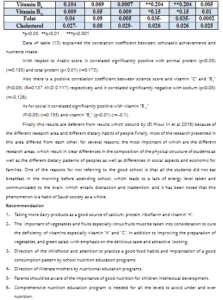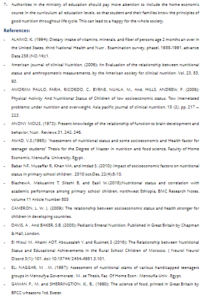A Study of The Relationship Between Nutritional Status and Scholastic Achivement Among Primary School Students in Wadi Eldawasir City
in Kingdom of Saudi Arabia
Manal Abd Elaleim Elsayead
Amal Saber Said
College of Education || Prince Sattam Bin Abdulaziz University || KSA
دراسة العلاقة بين الحالة الغذائية والتحصيل الدراسي بين تلاميذ المدارس الأولية
بمدينة وادي الدواسر المملكة العربية السعودية
منال عبد العليم السيد
أمل صابر سعيد
كلية التربية || جامعة الأمير سطام || المملكة العربية السعودية
Introduction
Nutrition is not only responsible for building up the body but it also plays a role in orientation of man’s behavior socially, morally, intellectually as well as personally . To build a healthy body from newborn through childhood, it is very important to stress that food consumed should adequately supply the body with all its requirements for growth, repair and energy both qualitatively and quantitatively. Therefore, good health depends on an adequate food supply (Gerald Wiseman, 2006).
Nutritional support for growth and development in such diverse circumstance as eating disorders, competitive sports, and pregnancy follows specific principles. Modifications may be required to ensure that physical development is normal and continuo in the face of wide swings in nutritional requirement based on the characteristics of a childhood life. The nature of psychological development requires that the most sophisticated counseling techniques available today be applied in helping children change long-standing food-related behavior than that impair their nutritional health. (International journal of applied and basic nutritional science, 2009). Nutritional assessment will help in developing good understanding of the nutrition status of the children in preventing malnutrition before it develops and in understanding of the reasons underlying the incidence of malnutrition. An important part of the nutritional status assessment is the measurement of growth and development of the individual. Physical measurement reflect the total nutritional status over the lifetime. Some measurements (Amoriim, Paulo, et al. 2006). Such as height, reflect past nutritional or chronic nutritional status. Others such as mid-arm nutritional status. Malnutrition affects physical growth, cognitive development, and physical work capacity, and it consequently influences human performance and Heath ( El Hioui M et al 2016). Finally, the recognition that food can affect brain development, function, and behavior has generated considerable interest, among the scientific community and the public.
Iron has been implicated in the lack of attention children pay to relevant stimuli and thus potentially impairs both learning and memory (Kanarek and Marks Kaufman, 1991), and consequently alters educational achievement, and mental functions (Sandstead, 1990). It is impossible to say whether malnutrition per se, contributes more or less to the depressed cognitive development of previously malnourished individuals than do unfortunate social and environmental conditions (Anonymous, 1973). For this reasons, it had been recommended to study the relationship between dietary intake and their biochemical indicators with the childhood’s scholastic achievement and other psychological tests.
